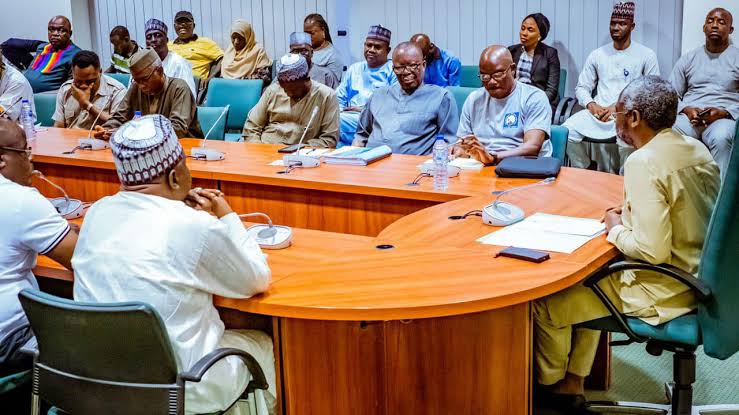ASUU Demands Federal Government Pay Withheld Salaries, Rejects Proposed Minimum Wage

The Academic Staff Union of Universities (ASUU) has urged the Federal Government to pay the remaining three and a half months of withheld salaries.
These salaries were withheld during the eight-month strike in 2022 when the administration of former President Muhammadu Buhari implemented a ‘No Work, No Pay’ policy against the union.
In February 2024, the Federal Government paid ASUU members four out of the seven and a half months’ worth of salaries that were withheld. However, ASUU maintains that the government still owes its members three and a half months’ salary. “Government should pay our withheld salaries, we worked for it. The ‘No Work, No Pay’ policy is not applicable. We have covered all the work that should be done,” ASUU emphasized in a statement.
The union has repeatedly criticized the government’s failure to fulfill its agreements with lecturers. Some of the key demands by ASUU include the renegotiation of the FGN/ASUU 2009 Agreement, unpaid arrears of Earned Academic Allowance, the release of revitalization funds, issues with the Treasury Single Account for public universities, and the proliferation of universities.
ASUU President, Prof. Emmanuel Osodeke, accused the government of causing hardship for lecturers and students and failing to honor agreements. “The issue of the renegotiated 2009 Agreement is not being signed or implemented. The government has neglected us,” Osodeke stated in an interview with The PUNCH.
In a related development, ASUU’s Akure Zone, which includes the Federal University of Technology, Akure, Ekiti State University, Federal University, Oye Ekiti, and Obafemi Awolowo University, Ile Ife, has rejected the Federal Government’s proposed minimum wage of N48,000. Prof. Adeola Egbetokun, chairman of the ASUU Akure Zone, described the proposal as “insensitive” given the current economic situation in the country.
Egbetokun highlighted the economic challenges facing Nigeria, exacerbated by neo-liberal policies from the World Bank and the International Monetary Fund. “The ‘subsidy-is-gone’ pronouncement by President Bola Ahmed Tinubu and the floating of the US dollar’s exchange rate have resulted in hyper-inflation, higher commodity prices, rising transportation costs, unaffordable housing, and increasing costs of public utilities,” he said.






